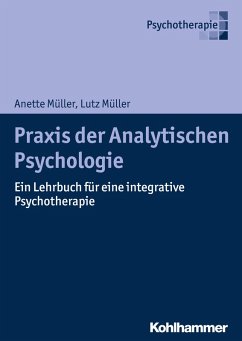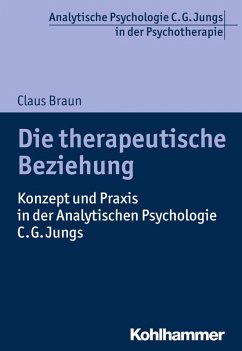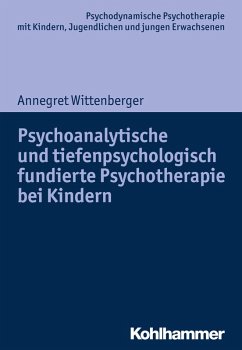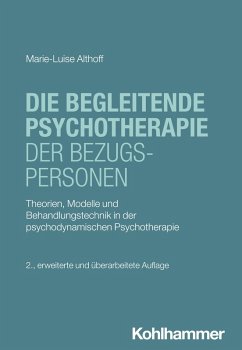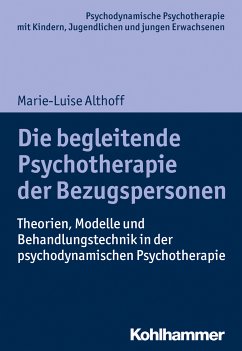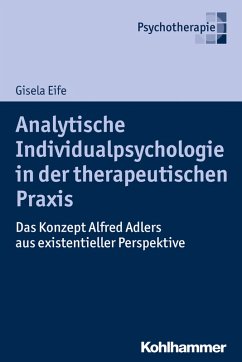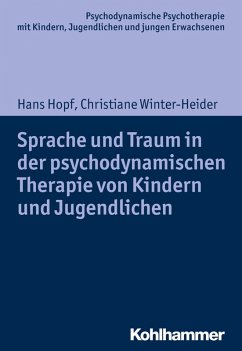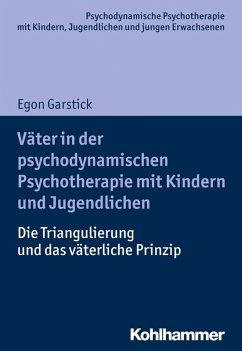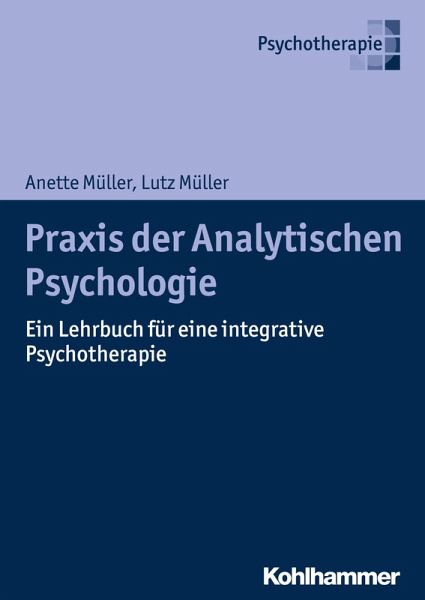
Praxis der Analytischen Psychologie (eBook, PDF)
Ein Lehrbuch für eine integrative Psychotherapie
Versandkostenfrei!
Sofort per Download lieferbar
Statt: 49,00 €**
43,99 €
inkl. MwSt. und vom Verlag festgesetzt.
**Preis der gedruckten Ausgabe (Broschiertes Buch)
Alle Infos zum eBook verschenkenWeitere Ausgaben:

PAYBACK Punkte
0 °P sammeln!
With its holistic view of human beings and its treatment approach, focusing on the individual and his or her personal needs and characteristics, C.G. Jung's analytical psychology is capable of expanding depth-psychological and psychodynamic treatment concepts into a modern, integrative approach. The book links the essential elements of analytical psychology and psychotherapy with the current state of psychotherapy research. Special emphasis is given to working with the unconscious and its symbolism. How does the unconscious present itself in fantasies, dreams, imaginations and clinical picture...
With its holistic view of human beings and its treatment approach, focusing on the individual and his or her personal needs and characteristics, C.G. Jung's analytical psychology is capable of expanding depth-psychological and psychodynamic treatment concepts into a modern, integrative approach. The book links the essential elements of analytical psychology and psychotherapy with the current state of psychotherapy research. Special emphasis is given to working with the unconscious and its symbolism. How does the unconscious present itself in fantasies, dreams, imaginations and clinical pictures, as well as in the patients' resources? Analytical psychology's points of access to the patient=s inner self, to the intersubjectivity of the therapeutic relationship and to the processes of transfer and counter-transfer are presented, and the differences between this and other forms of therapy are traced out. A special aspect of the book is that particular attention is given to accessing and making use of the creative potential of both patients and therapists.
Dieser Download kann aus rechtlichen Gründen nur mit Rechnungsadresse in A, B, BG, CY, CZ, D, DK, EW, E, FIN, F, GR, H, IRL, I, LT, L, LR, M, NL, PL, P, R, S, SLO, SK ausgeliefert werden.




